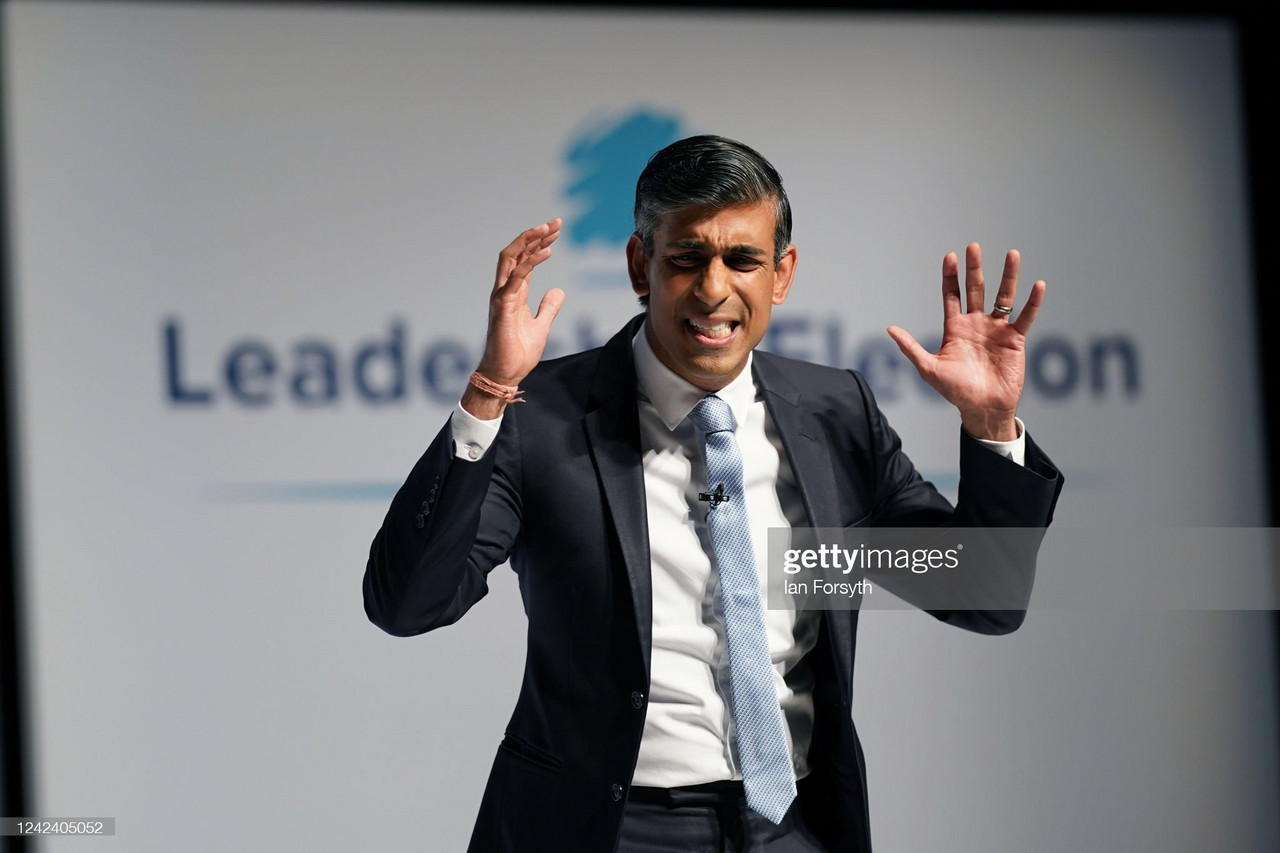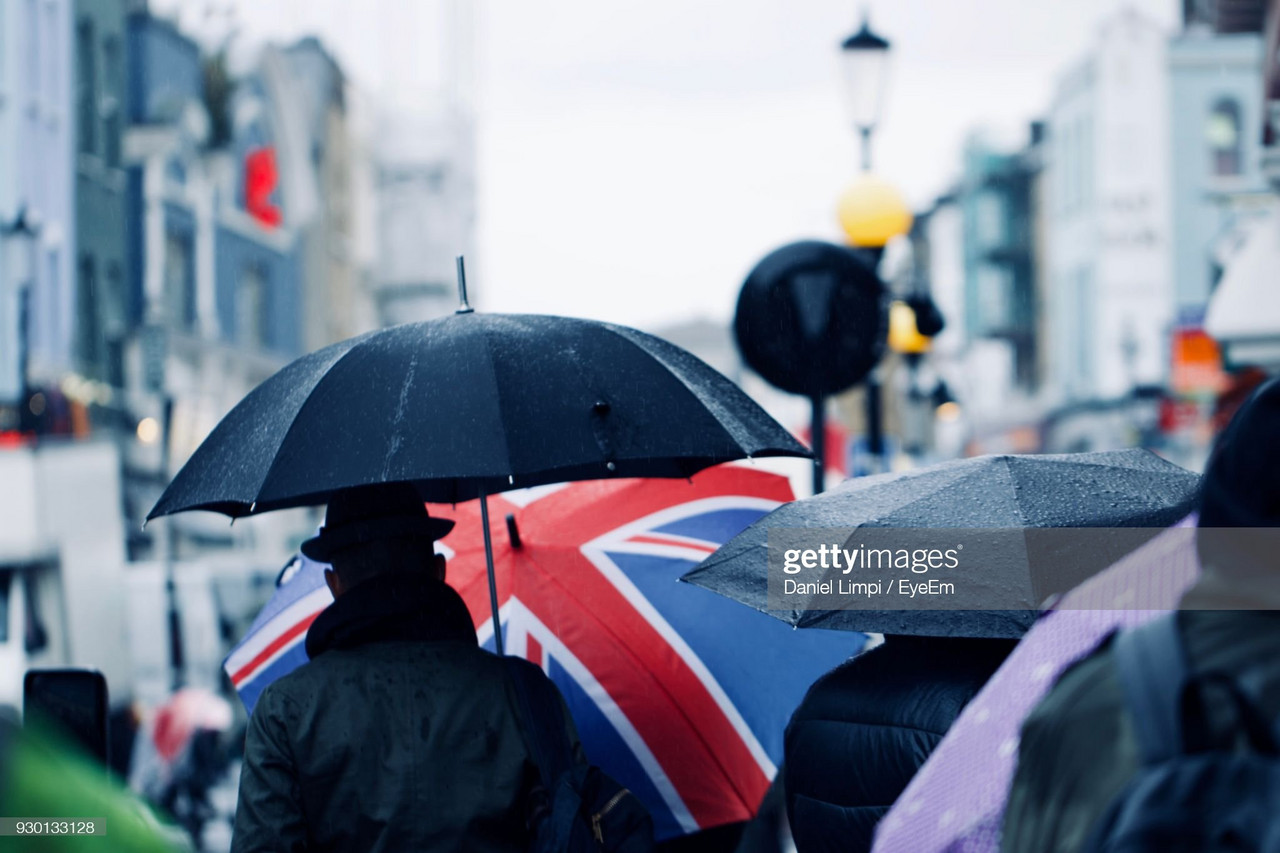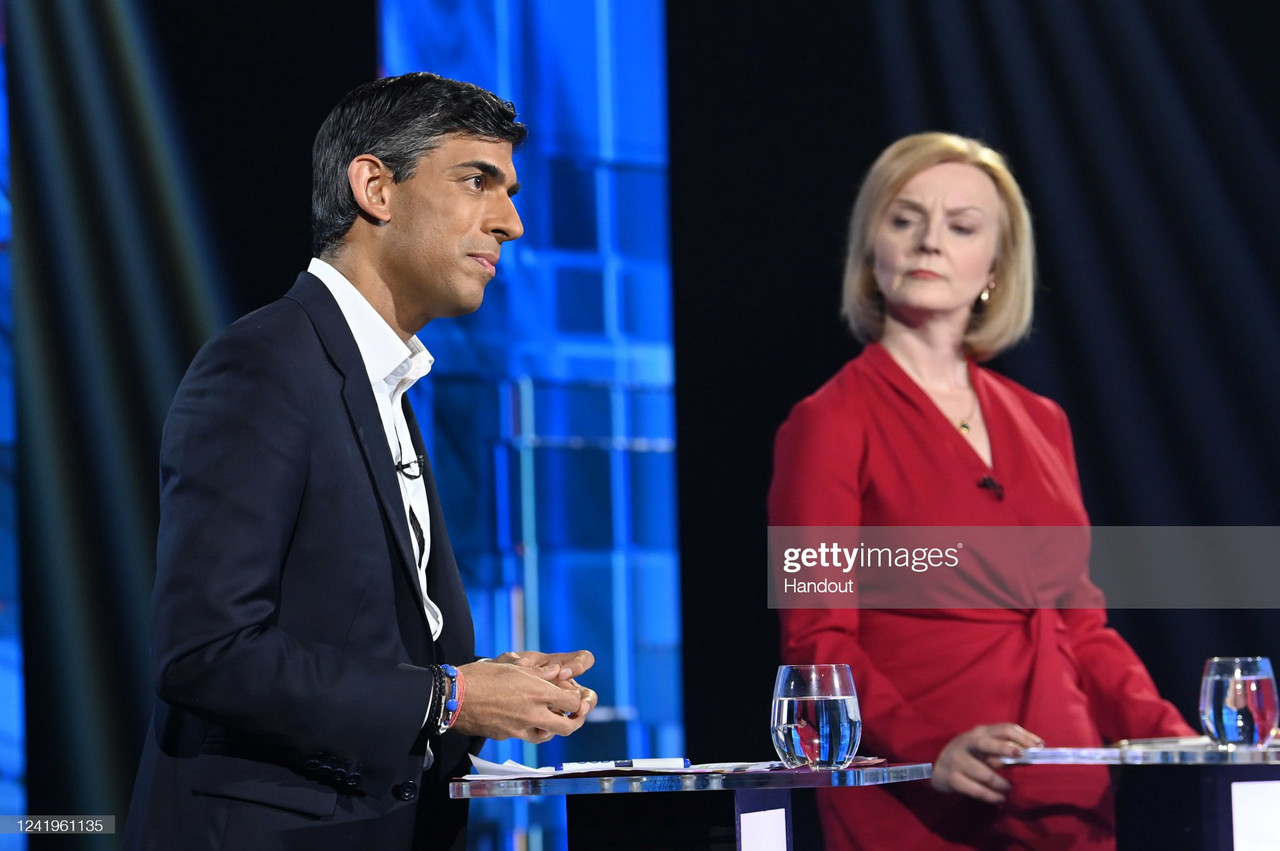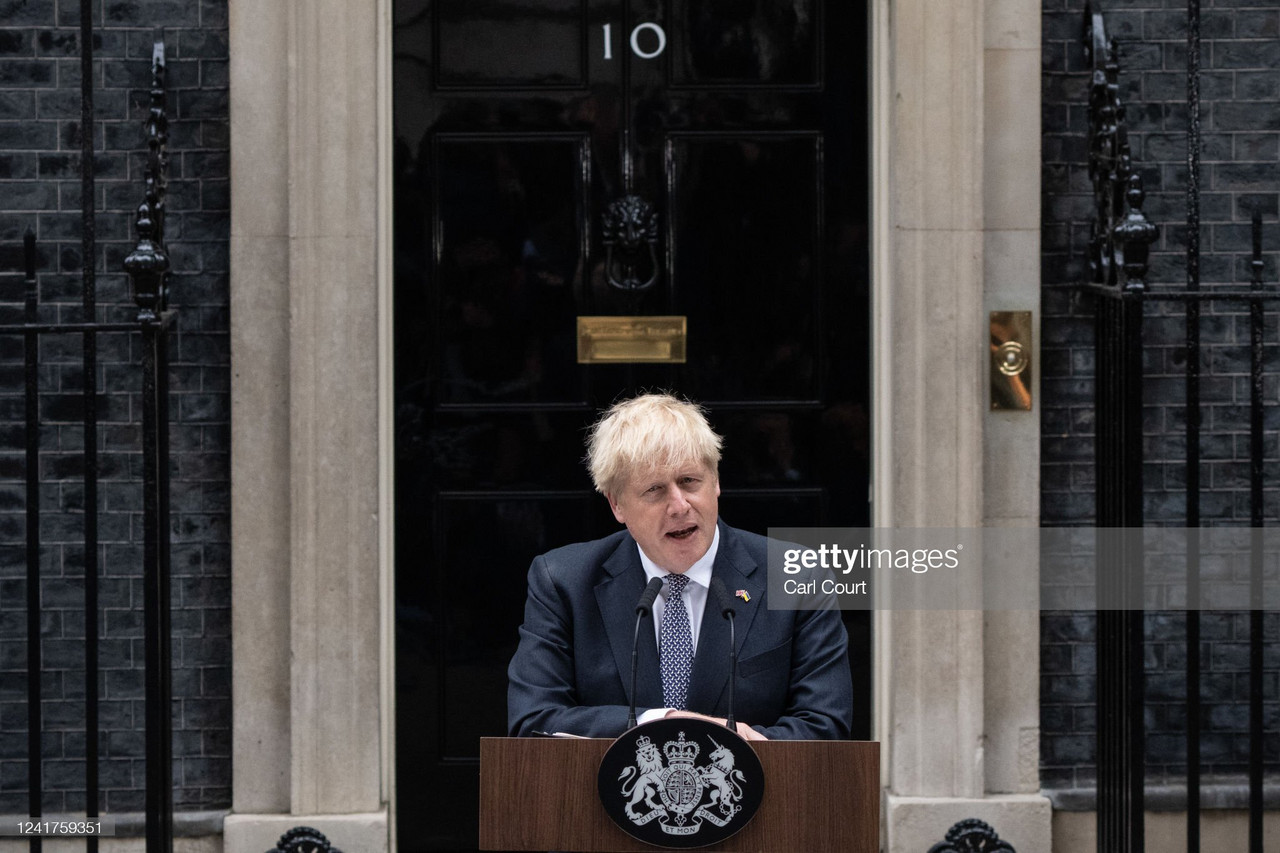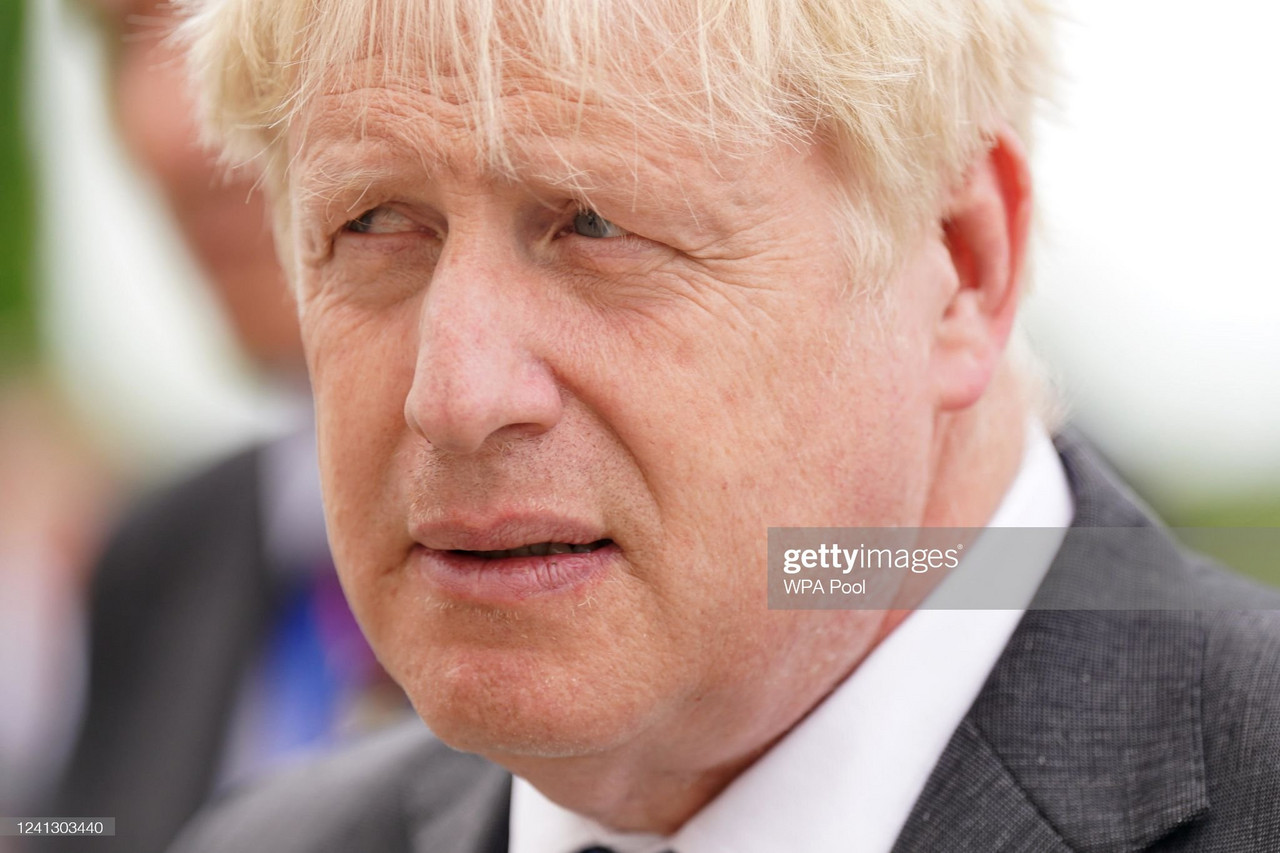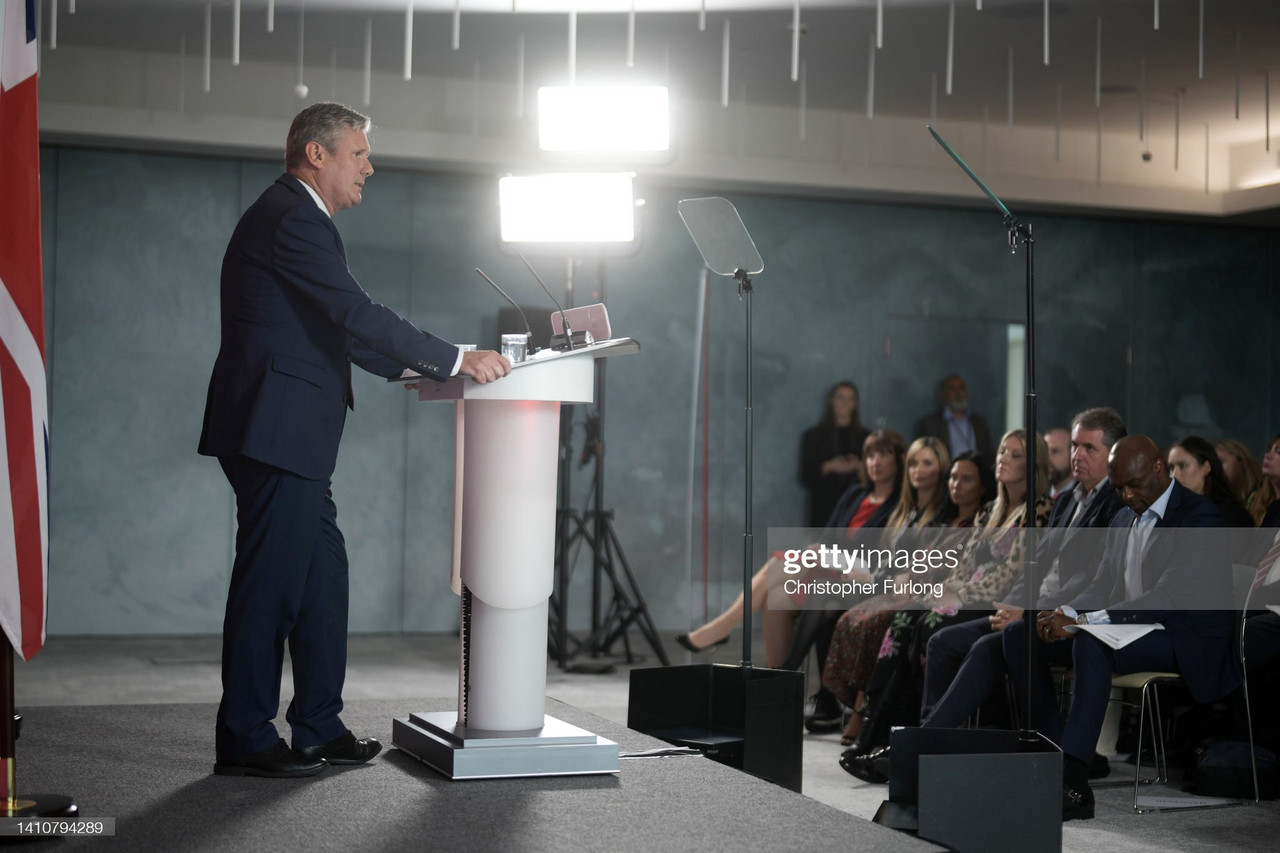
Sir Keir Starmer needs to show that he is on the side of workers without jumping into bed or outright rejecting the unions that they are a part of.
A recent YouGov poll showed that only 12% of the public strongly supported these rail strikes, with almost half (49%) opposing them in some way. Ordinary people do not want disruptions affecting their daily lives. However, 55% of those surveyed on June 6 claim that they support a train worker’s right to strike. 34% opposed.
Many people use the train to get to work or to attend social gatherings. A person’s political morality usually stretches until they are seriously inconvenienced but, at the same time, over half of people understand that workers sometimes have to stand up and fight for their rights – especially during this cost of living crisis.
I fully support teachers and the struggles that they have in the classroom. However, a work colleague of mine was furious at the prospect of them striking. “What am I supposed to do about childcare?,” he fumed. His reaction is not down to the fact he believes teachers are not within their rights to strike; it is down to the secondary effects that such a decision would be having on his family.
As a non-teacher, supporting a teaching strike is far easier if you do not have children of your own. Likewise, it is easy to champion rail strikes when you are not relying on the train to get into your place of work every day. Those severely inconvenienced by strikes may simultaneously understand and respect a person’s right to strike but they are not likely to be in favour of the strikes themselves.
For those old enough, big strikes also bring back the doom and gloom of the past. My parents came from working-class backgrounds and they hated the Labour government in the 1970s. They felt workers were striking over very minor things as Britain continually ground to a halt, instigating the rise of Margaret Thatcher’s Tory party. Giving too much power to the unions created a nation of decline and chaos.
Starmer has taken a tough stance on those backing the strikes within his own party, dismissing Sam Tarry from his Shadow Cabinet for disobeying party orders. It is worth noting that Tarry was relieved of his duties because he “signed up to a media program without permission” – in the words of the Labour leader – with other MPs avoiding the same level of punishment for simply joining the picket lines.
Middle-ground
It is an awkward position for Starmer because Labour was founded as a party for the working people. You also have to consider that the cost of living crisis is creating unprecedented challenges for everybody. Regular pay fell by 2.8% between March and May – a new record – as inflation looks destined to push beyond 10%. These are not normal times so some perspective is needed.
The best stance is surely to support the rights of workers without throwing substantial weight behind the strikes themselves. This seems to be where Starmer has tried to bend Labour’s view in recent days, though critics will suggest it is simply another measure where the Labour leader has navigated towards that proverbial fence.
Former Labour Prime Minister Tony Blair recently said that a government in-waiting cannot be seen throwing their weight behind strikes, adding it would be "very damaging for Labour" if they did. Naturally, Blair’s antithesis – and former Labour leader – Jeremy Corbyn was seen publicly showing solidarity to the strikers.
Corbyn’s biggest strength was also his biggest weakness: he was a man of genuine honesty and integrity. That meant sticking rigidly to principals and beliefs, even if they would damage his electoral chances, and not playing ball with the media corporations.
Blair’s biggest strength was his winning mentality. He was less about principles and more about doing what was necessary. Ultimately, Starmer is clearly more of a Blairite than a Corbynite so that is how you have to read him. Everything he does is to try and gain electability and, while you might not like it, the strategy might just pay off.
Union support
You will always need unions because you need people to champion the rights of workers. Without them, you risk having authoritarian bosses who will continue to chip away at their workers to maximise their own personal gains. Real democracies have voices for the little people all over the nation and that light should never die out.
And, at the end of the day, this is not a Keir Starmer problem. The issue is at the door of the Conservative Government and this ongoing squabble is something that needs to be solved sooner rather than later.



